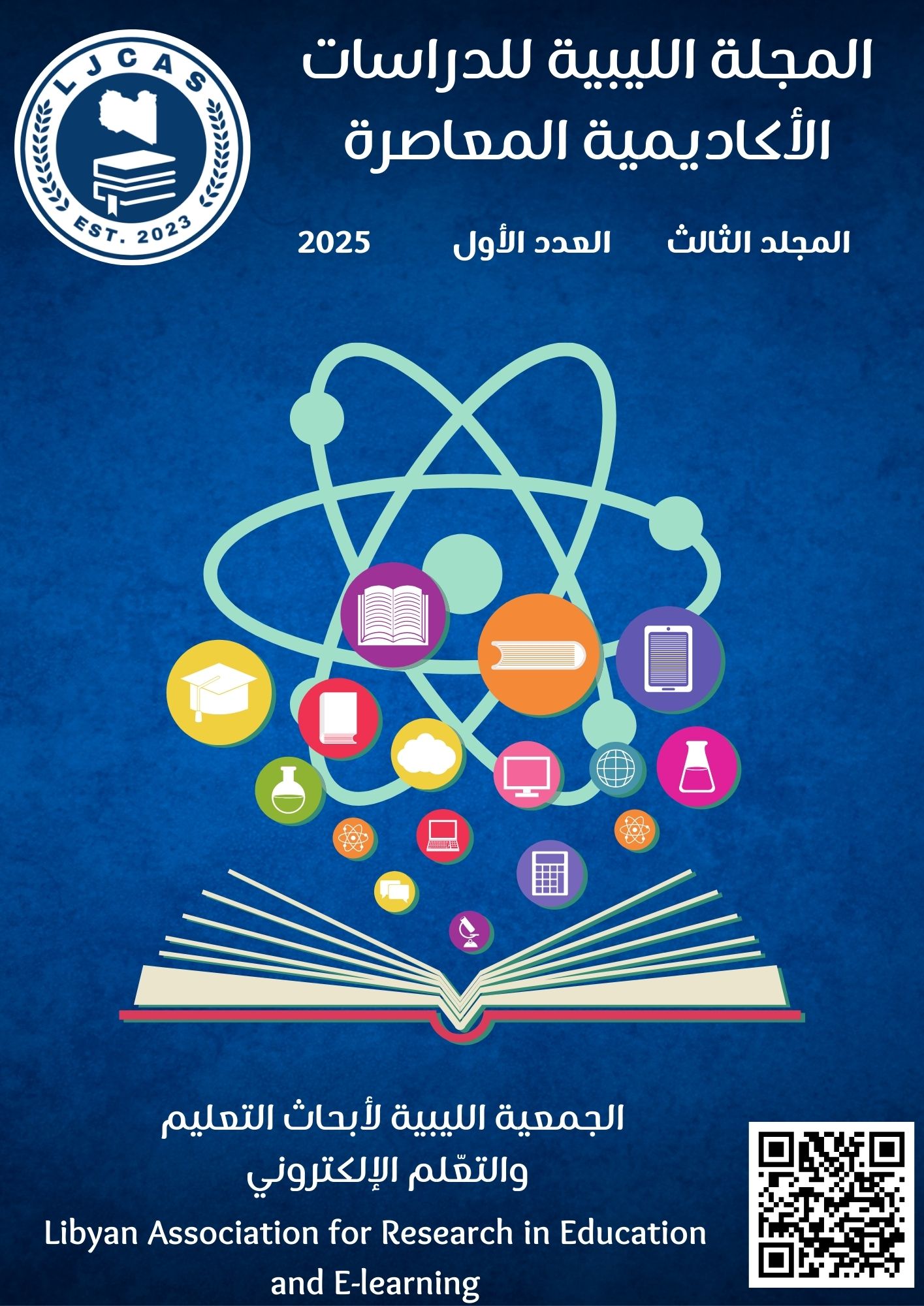Review of Investigating the Methods for Producing Natural Polymers from Botanical Sources (Vegetables or Fruits).
الكلمات المفتاحية:
biodegradable، organic، polymerization process، fruit-based plastic، fruit-based polymer، vegetable polymer، natural bioplasticالملخص
The growing demand for sustainable materials has generated interest in natural polymers, most notably natural polymers derived from plant (vegetables and fruits) sources as a sustainable alternative to synthetic polymers. This review provides a comprehensive overview of extraction and processing methods for natural polymers from plant-based feedstocks. The focus was on the technical feasibility of the process method, possible environmental variables, and applications. In addition, natural polymers (cellulose, pectin, starch, and lignin) are naturally occurring, abundant in agricultural residues and by-products, and can be regarded as renewable resources for biopolymer production. In general, the extraction methods can be categorized as mechanical, chemical, or enzymatic, all having pros and cons, mechanical extraction with processes (milling or pressing) is energy efficient, but to obtain high purity it may require further treatments. Chemical extraction methods (e.g. acid/alkali hydrolysis or solvent extraction) require large amounts of solvent and have variances of purity, they also raise the question of solvent toxicity (and chemical exposure) and wastewater. Enzymatic extraction of natural polymers is more environmentally friendly and specific but there are separate issues with the cost of enzymes and feasibility of scale.







